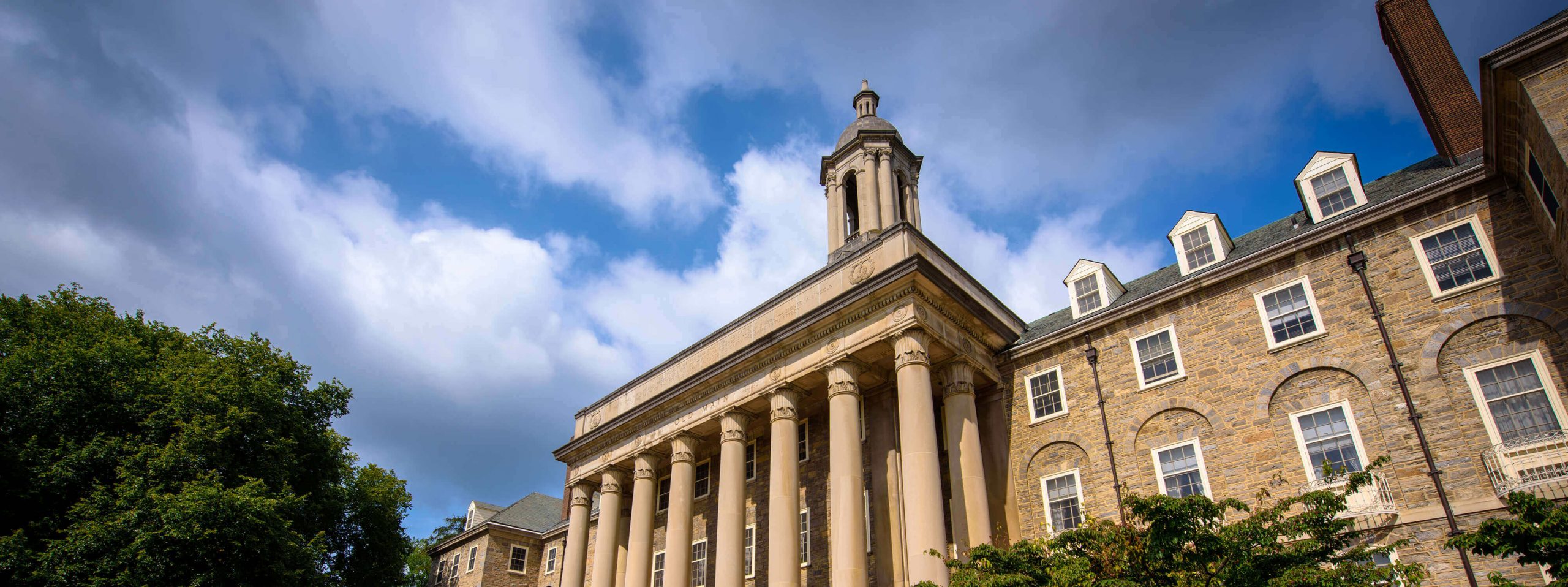Nancy Tuana coPI on $1.7 million grant from National Science Foundation
CNH-L: Visualizing Forest Futures Under Climate Uncertainty: Integrating Indigenous Knowledge into Decision-Support Tools for Collaborative Decision Making
This interdisciplinary research project will examine how human values and practices impact preferences about natural systems and influence the trade-offs made in decision making about forest resources and sustainability. The project will focus on two overarching themes: the importance of feedbacks in natural-human systems and the importance of value systems and customary practices that are not adequately captured by knowledge systems alone. It will provide new insights and information regarding how changes in forest ecosystem structure and function result in new relationships between humans and forest species and services as well as how forest-management practices influence ecosystems. The project also will advance understanding of the complex reciprocal relationships among values and practices, including traditional knowledge of indigenous people, and decision making by individuals and communities. Furthermore, the project will enhance understanding of the degree to which individuals and communities hold cultural, spiritual, ethical, and aesthetic values and engage in customary forests practices that are not adequately captured by conventional knowledge systems. Because the project’s participants include the College of the Menominee Nation, the project will provide opportunities for Native American students to have education and training opportunities with respect to both basic research and to the use of innovative technologies, including virtual reality software and devices. Other education and training opportunities in the conduct of interdisciplinary science will be provided for graduate students and post-doctoral scholars. The project will promote collaborations among educators, scientists, and managers in the region and will inform ongoing environmental assessment activities focused on indigenous peoples and tribal knowledge. The project also will contribute to enhanced decision making for environmental change adaptation in tribal communities by providing clear routes by which values and relationships with forests can be embedded within state-of-the-art optimization procedures, and it will assist forest managers and community members in working together to evaluate trade-offs when making decisions.
Click here for more!

